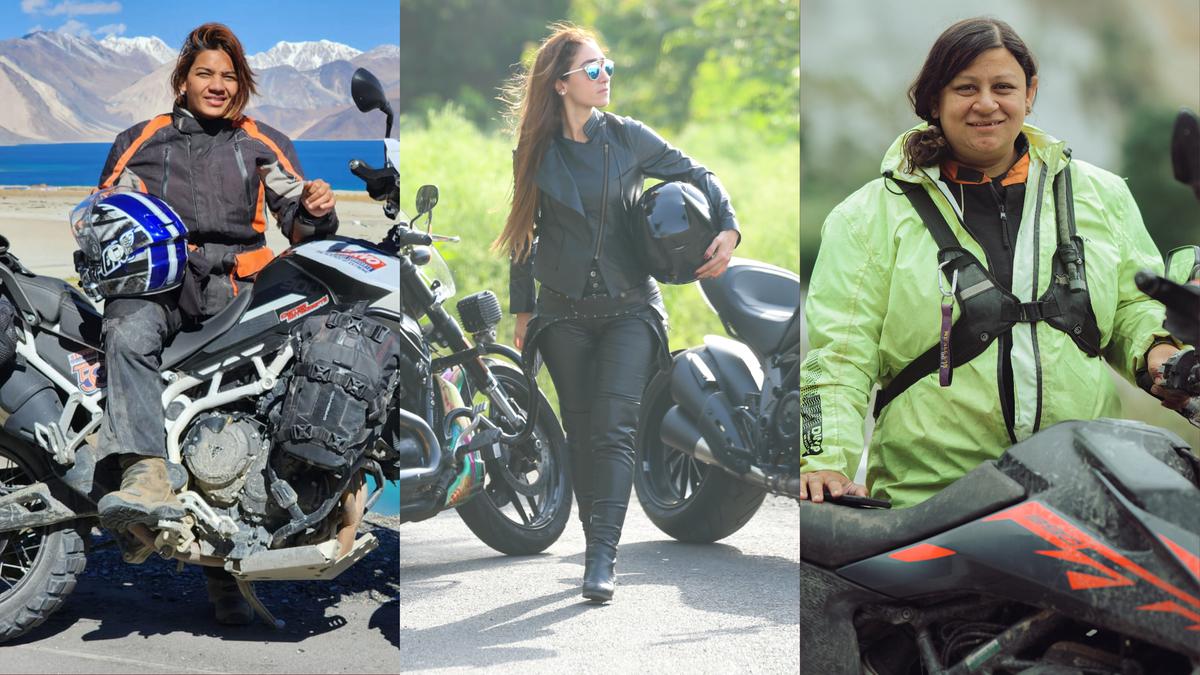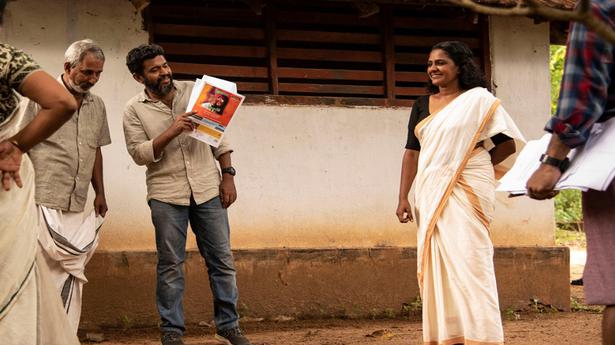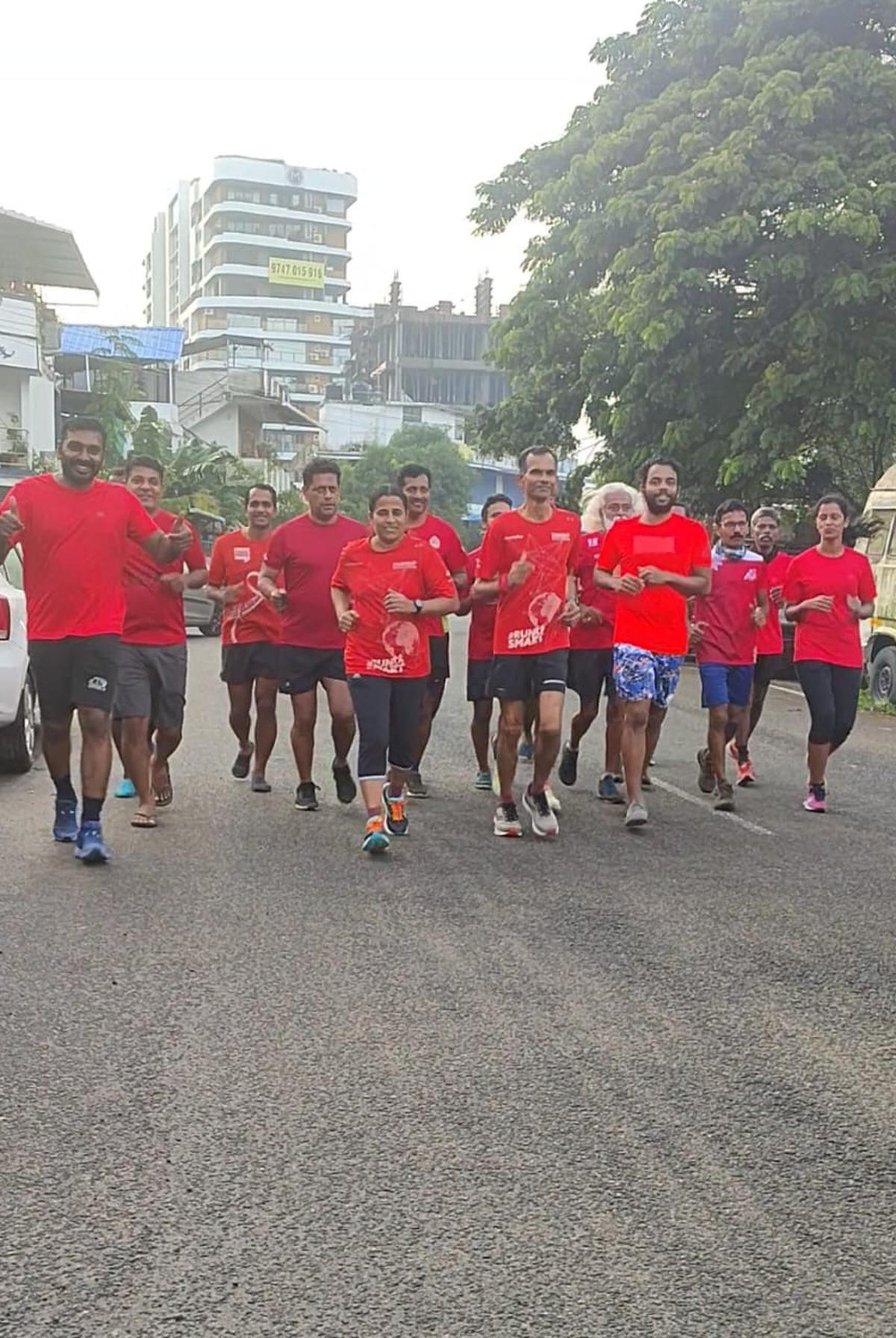Sameera Dahiya, Maral Yazarloo-Pattrick, and Urvashi Patole
| Photo Credit: Special Arrangement
When Maral Yazarloo-Pattrick wanted to ride a motorbike for the first time when she was 23, she was told, going by her long nails and high heels, “this is not a woman’s thing”. A fellow student at Pune University, where she did her PhD in Marketing, did not allow her to sit on his motorbike because she was not a rider.
Thirteen years later, in 2018, she completed a solo world tour, spanning all seven continents, and covering over 1,00,000 kilometres. And, she did this when she was pregnant.
“In a world run by men, when a woman wants to ride a motorbike, the first reaction is that they cannot do it,” says Maral. “I faced the same thing. But what I did, most men have not. This goes on to say that not only can women do what men can; women can do things men cannot think about.”
Maral will be among the many bikers at the Indian Bike Week, an annual motorcycle festival, the eighth edition of which will be held in Goa on December 2 and 3. While most of the festival attendees have been men, there is an increasing group of women at the festival, which is a noteworthy development for the Indian motorbiking community.
According to Martin da Costa, the festival director and CEO of 70 EMG, the number of women riding into India Bike Week has increased by over 250% over the past five years. “We guesstimate that the number of women leisure biker riders in India has more than doubled since 2018,” he says.
Busting myths
The figures refute the notion that motorbikes are purely a man’s pursuit. Motorcycle advertisements almost always feature only men. Women, if at all they are featured in the ad, are used as objects of glamour. They are usually in awe of the hunky man riding a well-built vehicle.
“Motorbike brands focus more on men because they believe men know more about vehicles than women. This is because men are more exposed to automobiles from an early age,” says Sameera Dahiya, who has covered 16,300 kilometres including 28 states and six Union Territories in 24 days. “But things are slowly changing now. There is now an increasing acceptance of women on motorbikes. For instance, you see more women in motorsports. I think women riding bikes will gradually be normalised.”
Having ridden across India twice in six years, Sameera says that it is not entirely unsafe for a woman to go on long rides within the country. “Whenever a woman rides a motorbike – for commute or long rides – a few things are spoken about their safety. A lot of them are myths. But some of them are practical advice that can be followed. For instance, it is best to avoid secluded areas at night, especially in certain parts of the country,” she adds.
Urvashi Patole, the founder of Bikerni, an all-women motorcycle association, concurs with Sameera. “I have travelled to the remotest of locations in the North East or the South and it’s always been safe. More than carrying pepper spray or a knife, the best thing to ensure your safety is to be aware of your surroundings. You shouldn’t be stopping at places where it’s secluded. Have a spare phone with you. Research about the place you are going to.”
More than motorbikes
Maral, Sameera, and Urvashi at the Indian Bike Week will interact with fellow riders about their experiences of riding to faraway lands.
“Motorbiking is not a simple act like, say, going to the gym to get fit,” says Maral. “Most bikers who travel are seeking answers beyond their daily lives. They want to know the purpose of their lives. They want to help society in the way that they could because they understand the value of life.”
Maral, who was born in Iran, is now campaigning for the women there to get permission to ride motorbikes. She says it is not just about them being able to ride a motorbike. “They need to be able to decide for themselves. If they want to ride a motorbike, nothing should stop them. It’s about their right to life and freedom.”
For more information about Indian Bike Week, visit indiabikeweek.in




.jpg)

